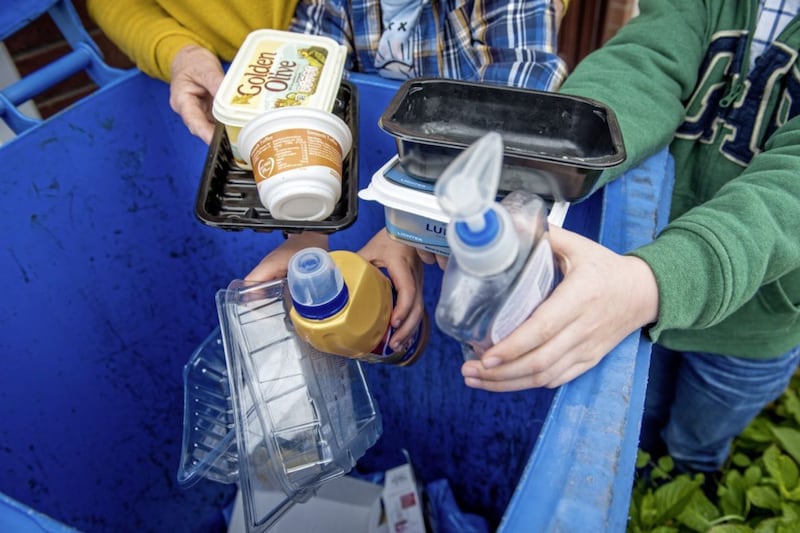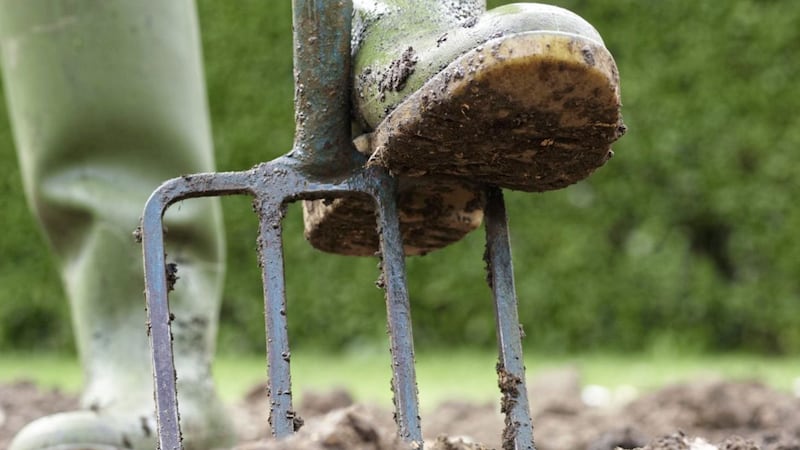COUNCILS should prioritise the collection of food and garden waste during the coronavirus lockdown, a businessman has said.
Belfast City Council yesterday announced it was suspending its brown and blue bin collections with immediate effect amid health and safety concerns for staff.
But with more families eating all their meals at home and people turning to gardening to cope with the lockdown, food and garden waste is expected to increase.
[ READ MORE: Belfast moves to black bin only collection during lockdownOpens in new window ]
Colm Warren, chief executive of Dunmurry-based Natural World Products (NWP), said councils must prioritise the collection of organic waste.
He said collections are needed to keep encouraging households to recycle.
His company processes organic household waste which it converts into compost.

“In a normal April, we would handle over 20 thousand tonnes of discarded organics from households in Northern Ireland alone, but that figure will in all likelihood be eclipsed this year," he said.
“As householders are required to stay at home to prevent the spread of COVID-19, we are expecting a significant uplift in volumes of organics – especially discarded food scraps – to come through domestic waste collections.
“Families will be having all their meals at home, generating additional food waste, while we anticipate garden waste to increase as people turn to outside jobs such as grass cutting to occupy their time.
“People can play their part in ensuring organic materials are disposed of in the correct manner, providing, of course, it continues to be collected by their local authority."
He said regular collections will ensure that food and garden waste does not end up in a black bin "then ultimately in landfill or incineration".
“A tonne of organic compost applied to soil is equivalent of around 375kgs of CO2 kept out of our atmosphere – close to 900kgs where it replaces peat-based fertilisers, as it often does in this country," he said.
“In a black or grey bin, that carbon saving will be lost and we’ll actually only be adding greenhouse gases as well as costing our local ratepayers almost double the disposal cost."








